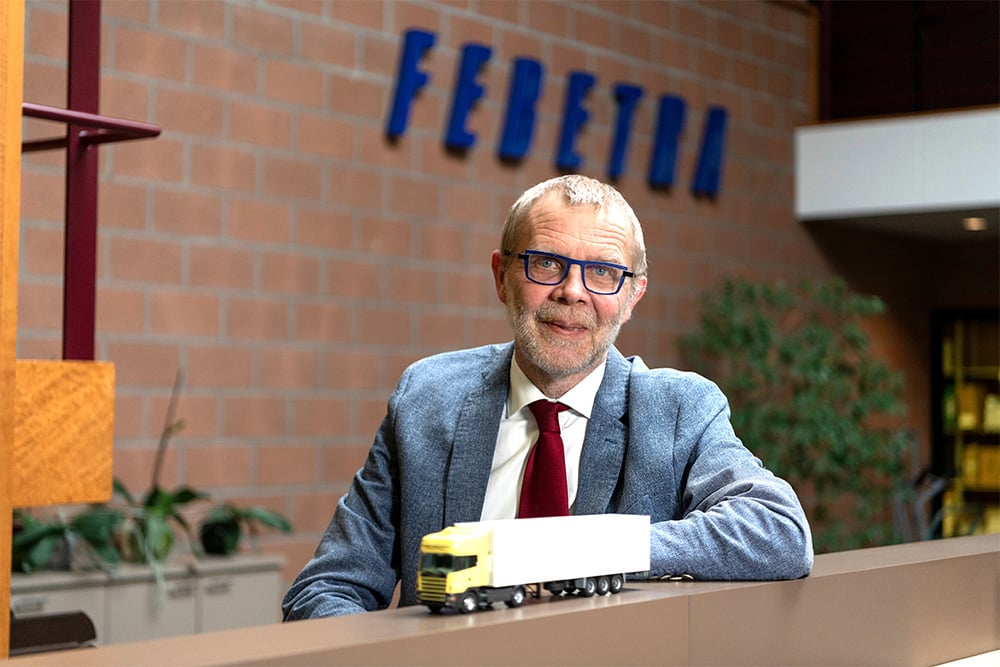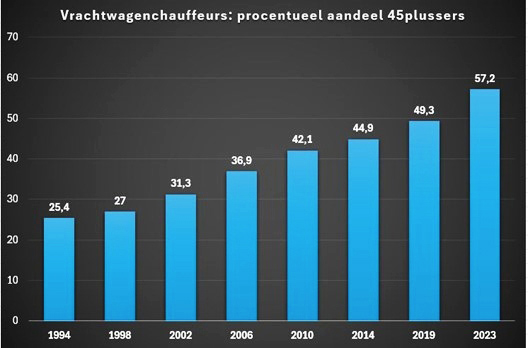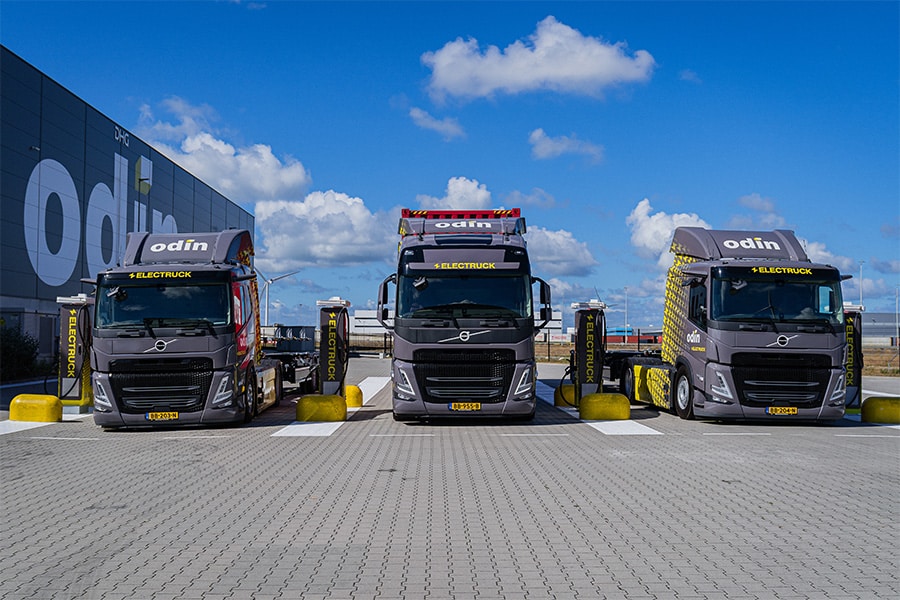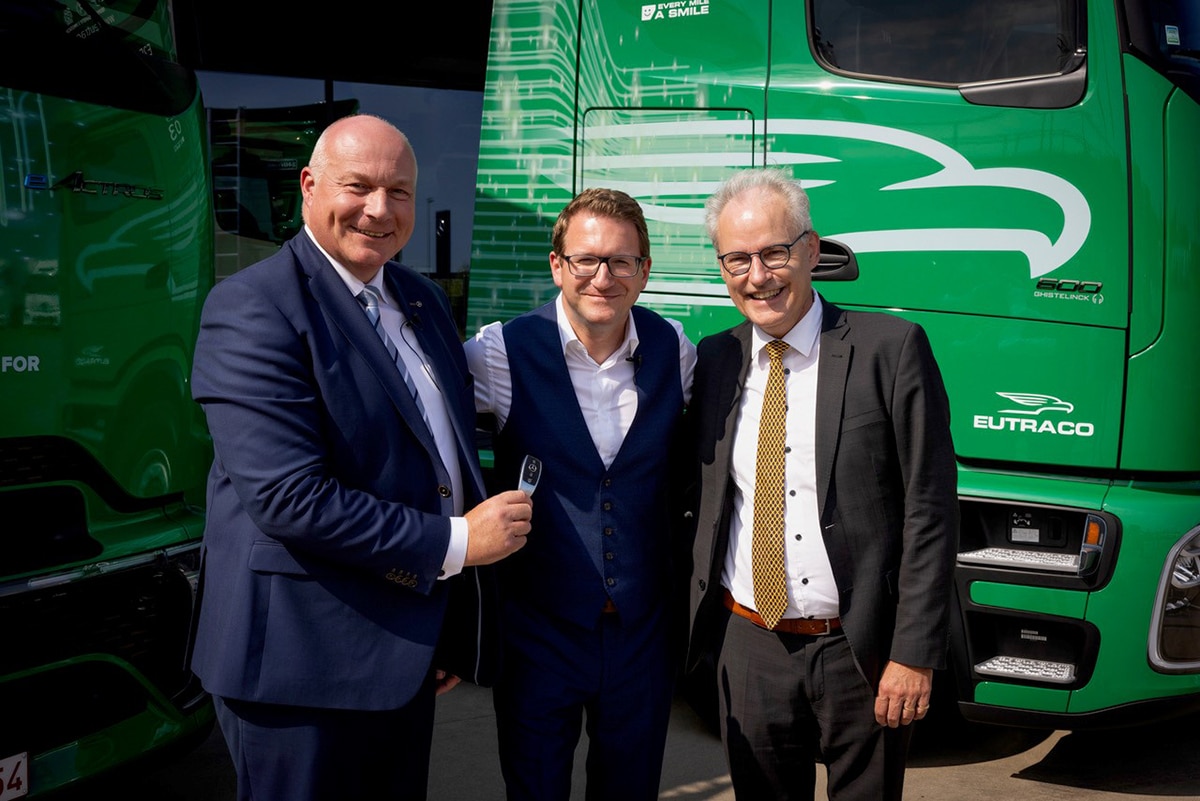
What solutions does Philippe Degraef (Febetra) see for filling logistics and transport vacancies?
Thirty years ago, one in four truck drivers in our country was older than 45. Today, that proportion has risen to a whopping 57.2%. That trend is not helping transportation companies fill open driver vacancies. How does Philippe Degraef, Febetra director, view this labor market phenomenon? How does he think targeted labor migration can be part of the solution?
According to Febetra's top executive, there is no miracle solution to solve the labor shortage. "If it did exist, it would obviously have been implemented long ago. Even if, through working longer and activating the unemployed, the long-term sick and the inactive, we manage to lift the employment rate to 80 percent, that will not be enough to solve the tightness in the labor market." The demographic outlook is not particularly encouraging. "The working-age population will not increase over the next 20 years in our country," said Philippe Degraef. "For every 10 workers who retire, there are only eight newcomers ready to take over their jobs. Above all, let's not be blind to this demographic reality."

No miracle solution
Part of the solution can come from digitization and automation. Philippe Degraef: "Some (sub)activities lend themselves better to this than others. In a warehouse, it is certainly feasible to replace human labor with machines and software programs. The self-driving truck, on the other hand, will at best bring relief only in the distant future. The necessary technology is progressing well, but the legal framework has yet to be pretty much fully worked out."
Talents from third countries
According to Philippe Degraef, targeted labor migration from outside the EU is politically very sensitive, especially for low profiles. "However, this is not yet a reason to simply take labor migration off the table. For specific bottleneck profiles, such as truck driver, economic migration from countries with a labor surplus becomes a necessity to solve the structural tightness in the labor market. In order to suppress any hint of social dumping immediately, we from Febetra emphasize that the foreign workers must of course enjoy the same employment contract with the same pay and working conditions as their Belgian colleagues. This creates a level playing field for all parties involved."

Win-win-win solution
Philippe Degraef: "Contrary to what some circles claim, migration is not necessarily a cost. Targeted economic migration can indeed be a win-win-win solution. Transporters can turn more turnover, while the migrant workers make themselves useful and earn a decent wage, according to Belgian wage conditions. Moreover, society benefits from the extra social security contributions. These would obviously not be there if the foreign workers were working here via secondment or all sorts of shady constructions."




